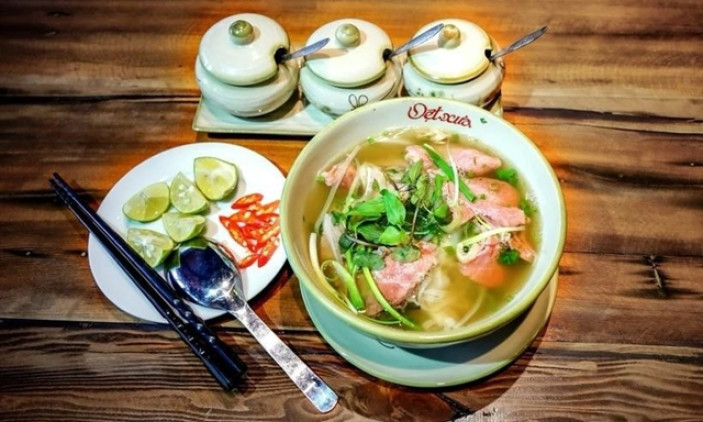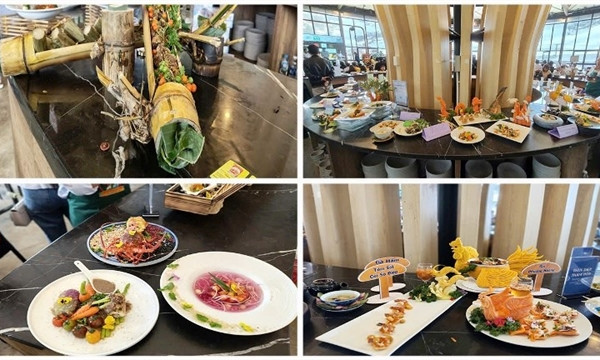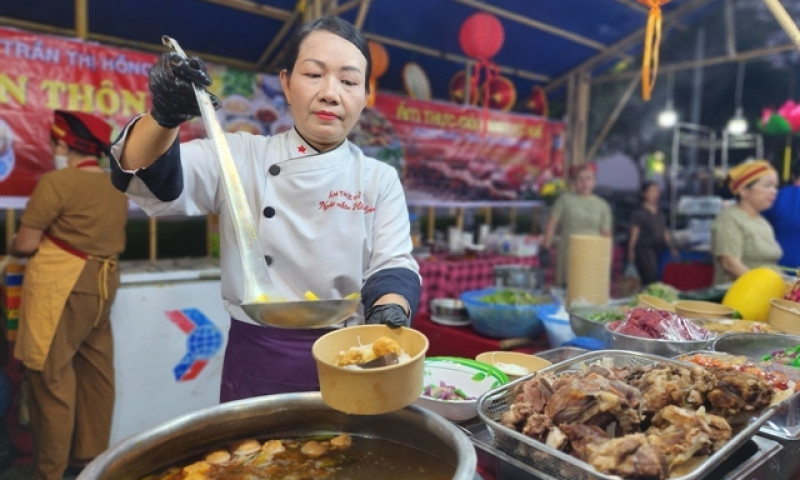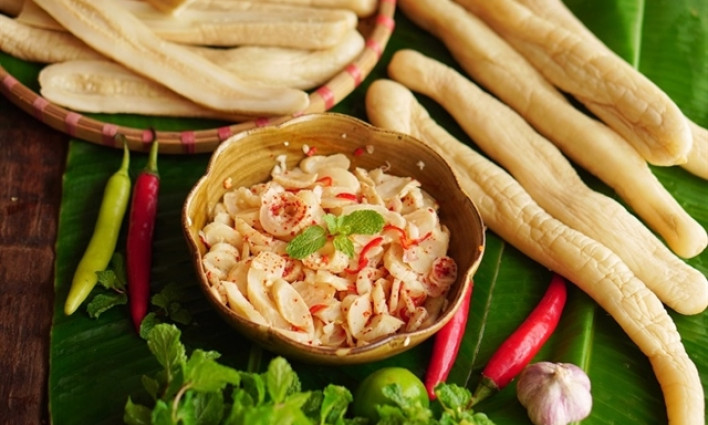Vietnamese noodle dishes recognized as national cultural heritage
Both Hanoi and Nam-Dinh-style pho, along with Quang-style noodle soup, have been acknowledged for their historical, cultural, and communal significance.
The Ministry of Culture, Sports, and Tourism on Aug. 9 announced the inclusion of the three dishes from Hanoi, its neighbor Nam Dinh and the central province of Quang Nam in the national intangible cultural heritage list, under the category of folk knowledge.
According to the ministry, these dishes were nominated for their cultural representation and creativity, passed down through generations. They have been preserved with community support and are expected to thrive for years to come.
Pho is regarded as an iconic dish in Vietnamese cuisine, beloved both in Vietnam and globally.
Hanoi People’s Committee described Hanoi-style pho as a signature dish consisting of broth-based noodles served with either beef or chicken. The preparation techniques, dining spaces, and culinary culture around the dish give Hanoi-style pho its character.
Most long-standing pho establishments in the capital are small, with the preparation area usually located at the front of the shop. Many use the sidewalk or alley spaces for additional seating.
Notably, many famous pho shops in Hanoi keep their recipes a family secret, with only the owners knowing the ingredients and spice blends used in the broth. These recipes are often passed down to the next generation through hands-on training within the family.
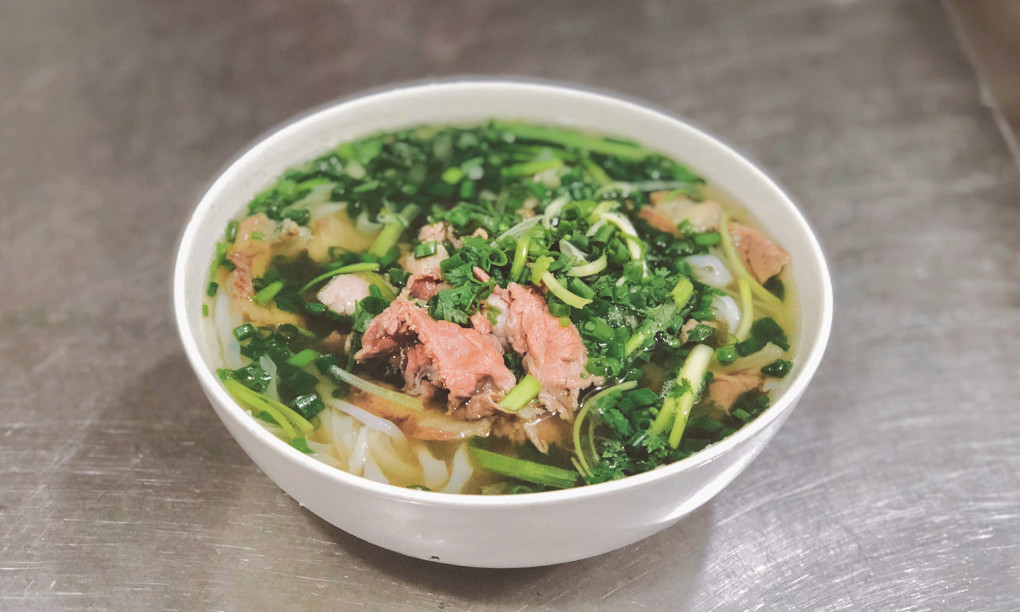
Nam-Dinh-style pho has become a source of pride for the people of Nam Dinh, recognized for its characteristics at every stage, from ingredient selection to preparation.
The Nam Dinh provincial government stated that while many long-established pho shops are centered in the province's capital Nam Dinh City, natives have also opened numerous pho shops in major cities like Hanoi, Hai Phong, and Ho Chi Minh City.
Meanwhile, Quang-style noodle soup remains a well-preserved culinary tradition in Quang Nam Province, home to Hoi An. This dish provides many local producers with a stable income. However, modern production methods are putting traditional noodles-making techniques at risk, as younger generations opt for more convenient and higher-paying jobs.
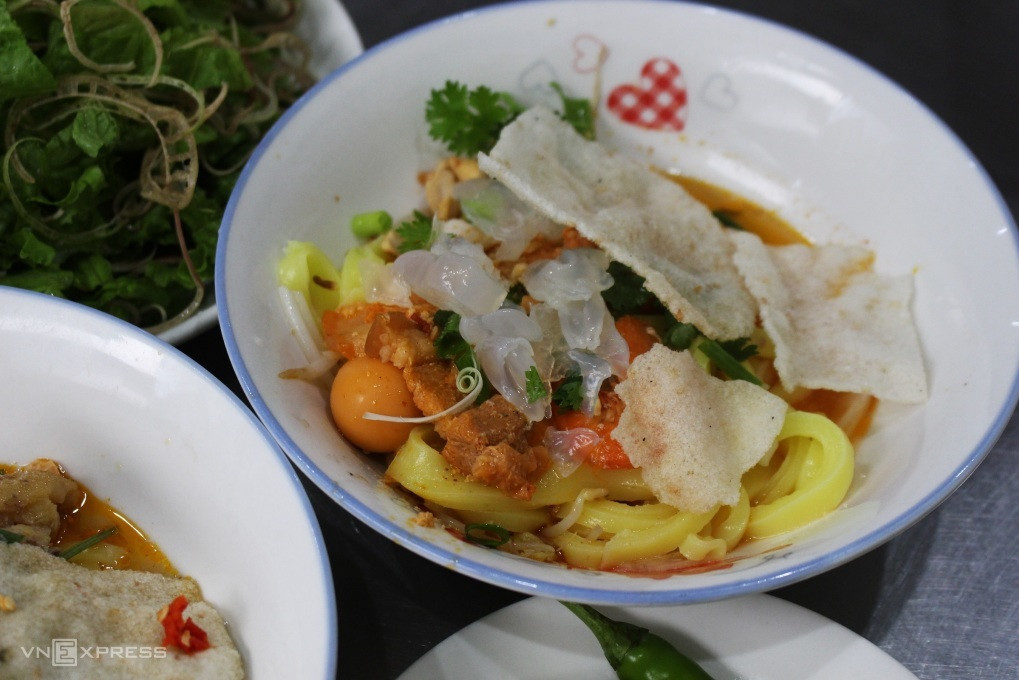
Similarly, Hanoi pho faces challenges as younger family members pursue more contemporary careers, making it difficult for traditional shops to maintain their labor force and continue the family trade.
For Nam-Dinh-style pho, while there are about 500 shops locally, nearly 1,500 households have opened pho restaurants in larger cities.
This national heritage recognition is a key step towards preserving and promoting these cultural treasures. Local governments have already outlined plans to protect and enhance these newly recognized heritage dishes.
According to the Cultural Heritage Department's website, there are now nearly 500 intangible cultural heritage entries on the national list.

